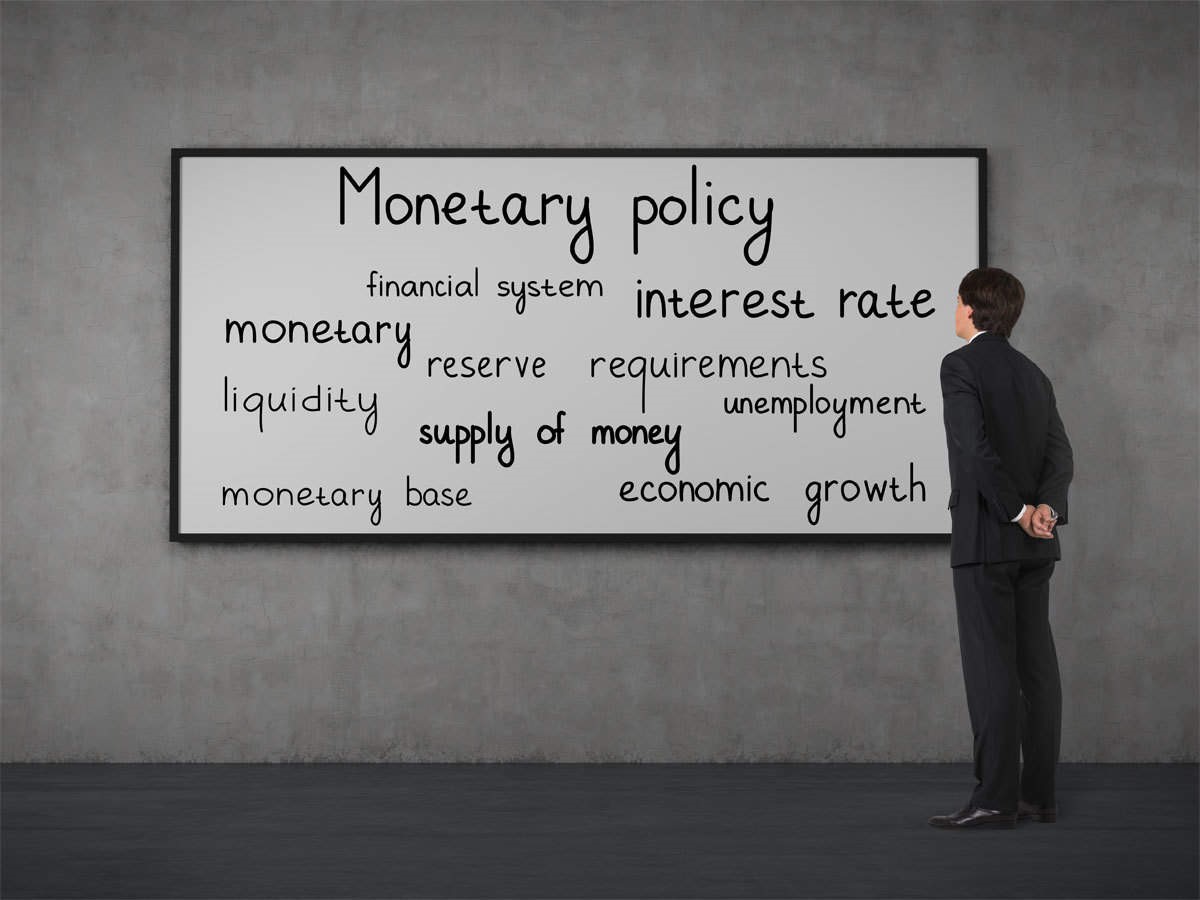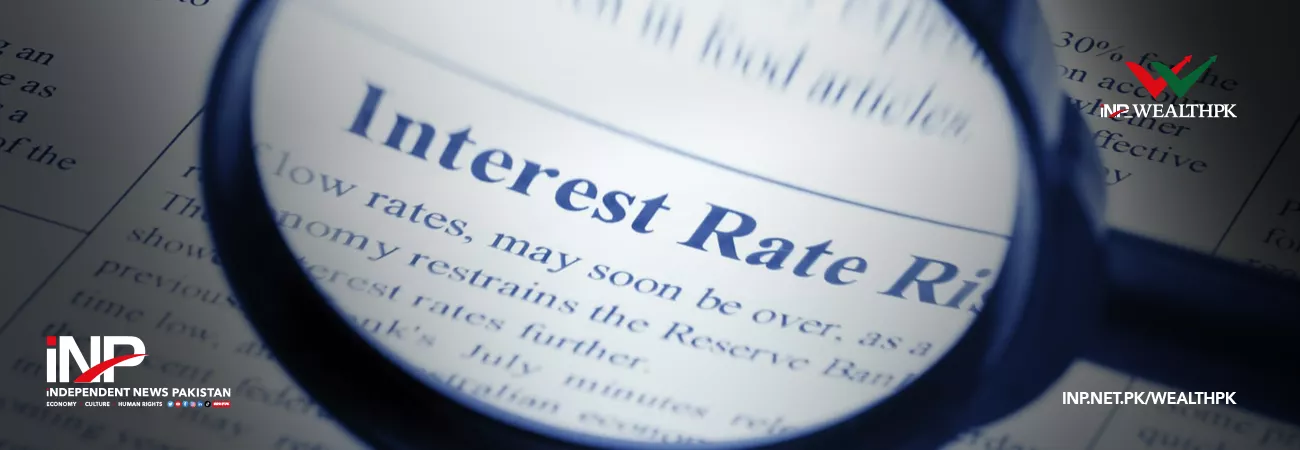INP-WealthPk
Adeem Niaz
The decision of the Monetary Policy Committee (MPC) to increase the interest rate is feared to slow down economic activities in Pakistan without having a significant impact on inflation, WealthPK reports. The country has been faced with rising inflation for the last few years. Currently, the country is experiencing a relatively high-level inflation rate of 23.8%.

Zahid Mehmood Akhtar, a Ph.D. scholar at the National University of Modern Languages, told WealthPK that the government slowed down economic activities by applying the contractionary monetary policy. “As the borrowing cost has increased, investors are more likely to be saving instead of investing, which increases unemployment and slows down economic activities,” he added. He said that usually central banks increase the interest rate to control inflation. “But for the time being, the contractionary monetary policy cannot work in the case of Pakistan and the desired inflation rate cannot be achieved,” he added.
Zahid Mehmood said that the monetary policy was effective in such scenarios where massive transactions were carried out through financial intermediations. He said that more than 80% of people in Pakistan conducted transactions in cash rather than through banks as a large number of them even did not have accounts in banks. “In this situation, it will not impact the consumption trend and the demand will remain the same,” he said.
In a document, a copy of which is available with WealthPK, Dr Sajid Amin Javed, Deputy Executive Director at Sustainable Development Policy Institute (SDPI), said that more than 100 million individuals, of the 220 million population of the country, remain unbanked, particularly women, who are three times less likely to have access to financial services than men.
The document says that the State Bank of Pakistan should ensure transitions towards mass-scale digital payments. Digital payments can help not only reduce the cost of transactions and enhance the economy but also reduce the adverse side effects of monetary policy in multiple dimensions. Mass-scale digitalisation can significantly cut down cash holdings and reduce the exposure to risks associated with the share of cash in the portfolio such as inflation inequality.
“Pakistan is facing cost-push inflation so increasing interest rate might not control the inflation in the current scenario of the country,” said Zahid Mehmood. According to the Phillips curve theory, inflation and unemployment have a stable and inverse connection. If the government wants to control inflation, it will be required to accept an increase in unemployment. However, the country is facing inflation as well as unemployment.
The expert said that in order to combat inflation, the government should concentrate on the supply side. “Since inflation is a cost phenomenon that cannot be managed by interest rates, cutting costs is necessary to keep inflation under control,” he added. He said that the government should focus on import and export regulations. He said that incentives were needed to boost the local economy. He added that particularly, a long-term agricultural policy was needed since the country had a much larger capacity than what it currently produced.
“For the time being, we are in a society where a farmer is not proud of his profession. It is not a good thing in an agrarian country. It is the need of the hour to make the agriculture sector more sophisticated. There should be a value addition in the agriculture sector so that farmers can enjoy being farmers,” said Zahid Mehmood.
He said that the payment system in the country needed to be digitalised to strengthen the economy through the enforcement of the monetary policy. “The contractionary policy is simply slowing the economy under the current situation. The government should focus on the supply factor of the economy to reduce the costs that are causing high inflation,” he told WealthPK.
Credit : Independent News Pakistan-WealthPk




